
Former SCC Commissioner Mark Christie communicated his enthusiasm for Kelsey Bagot’s election with this photo on X.
By Steve Haner
The General Assembly has now filled the two open seats at the State Corporation Commission (SCC), ending two years of gridlock. Unfortunately, the same legislators, on both sides of the aisle, are still working overtime to dictate and micromanage the state’s energy policy, reducing the discretion and authority of the independent, non-partisan regulators.
Samuel T. Towell, elected to the SCC last week, fits the expected mold for such positions. His legal career has been inside and outside the Virginia government, with his term as the civil litigation deputy under Attorney General Mark Herring (D) as the highlight of his resume. In that role he supervised the consumer counsel functions under Herring, participating in SCC matters. Since then, he has been working for Smithfield Foods.
Breaking the mold is Kelsey Bagot, only a decade out of Harvard Law and with no real Virginia-specific experience. She spent much of her career so far at the Federal Energy Regulatory Commission (FERC), working part of that time for former SCC Chairman Mark Christie. Christie’s expressed enthusiasm for her qualifications makes her about as close to a bipartisan choice as was possible.
They join current Commissioner Jehmal Hudson, also a veteran of FERC, who has been serving by himself for more than a year. Towell and Hudson, less than 20 years out of law school, and the younger Bagot form a trio that could be in office together for decades. That had to be on the minds of the legislators (all Democrats) who made these choices.
Fully qualified and engaged judges are still bound to follow the law. Virginia’s headlong rush into an economically foolish war on fossil fuels is being directed by the bills flowing from the General Assembly, not by rogue judges. If the last two sessions controlled by Democrats, 2020 and 2021, were a two-alarm EV battery fire, the 2024 session could be the equivalent of the Maui apocalypse. Continue reading

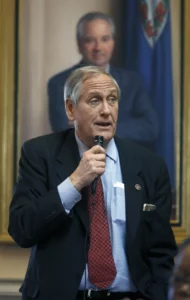
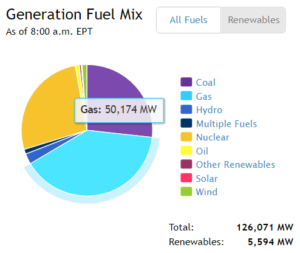
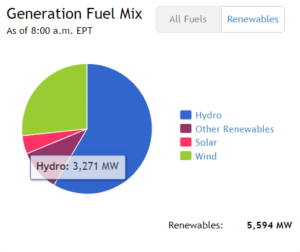


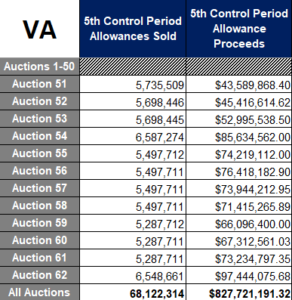



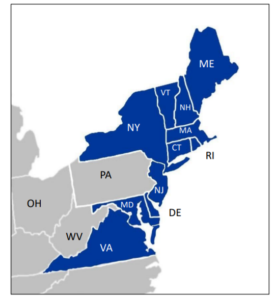
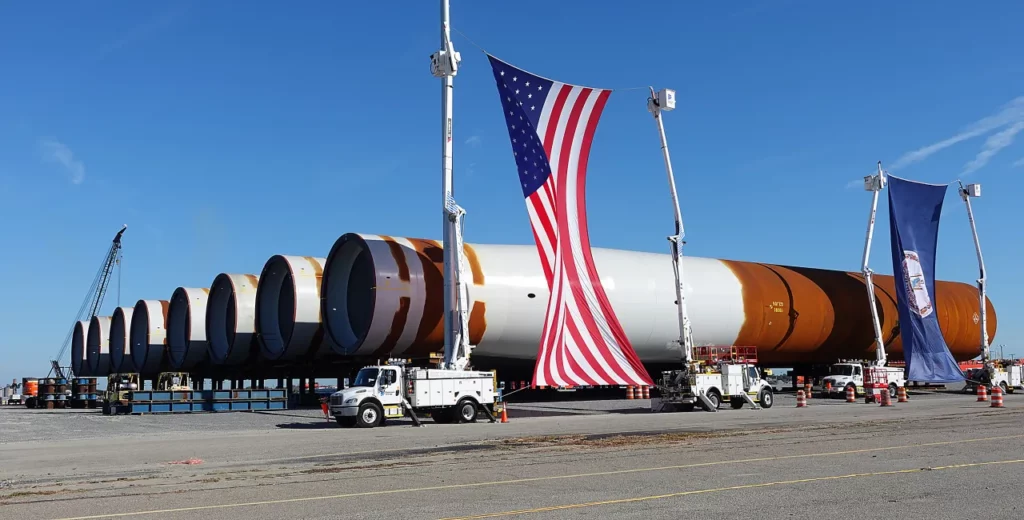
 by Kerry Dougherty
by Kerry Dougherty by Hans Bader
by Hans Bader
 from Liberty Unyielding
from Liberty Unyielding
